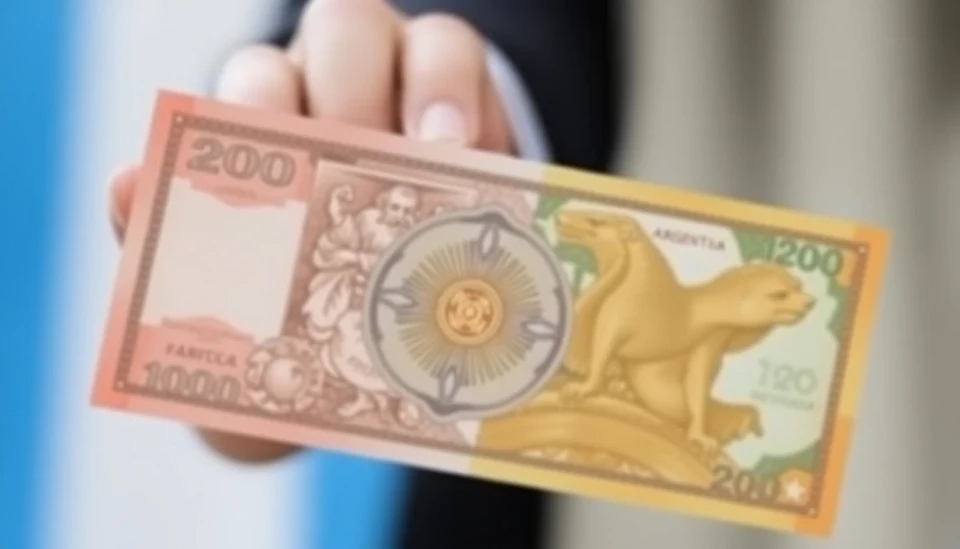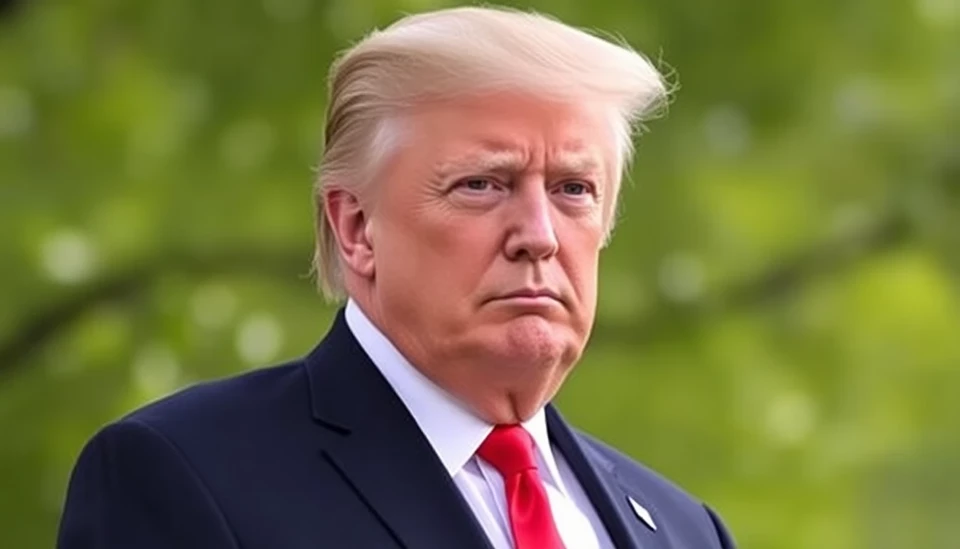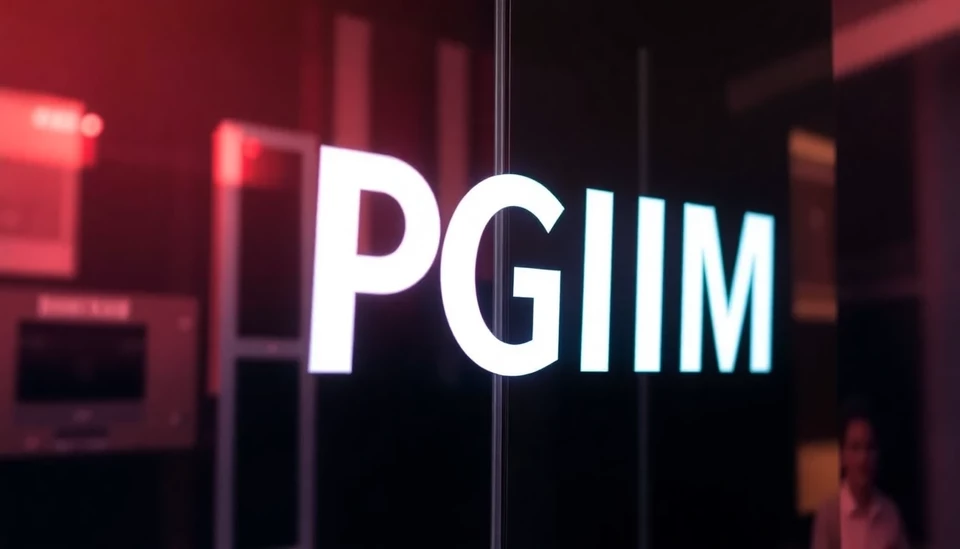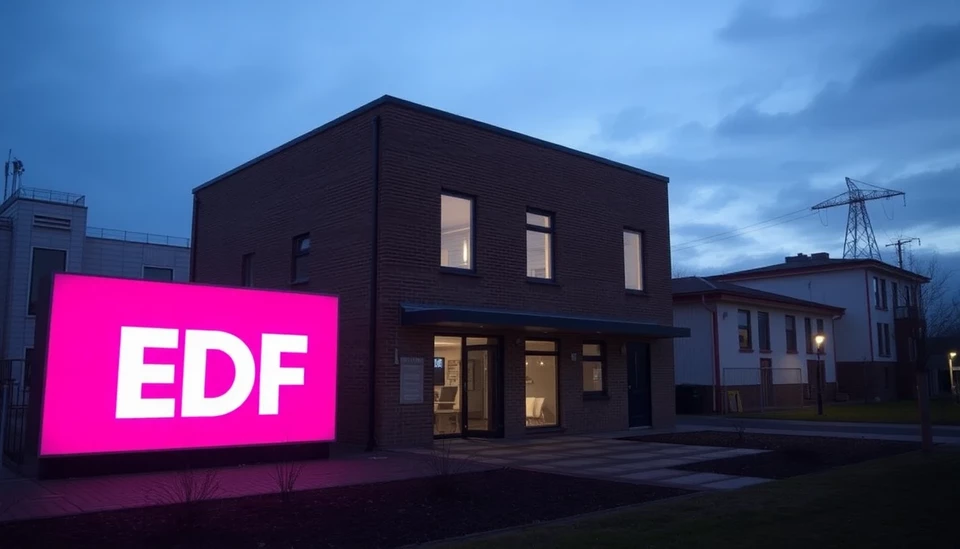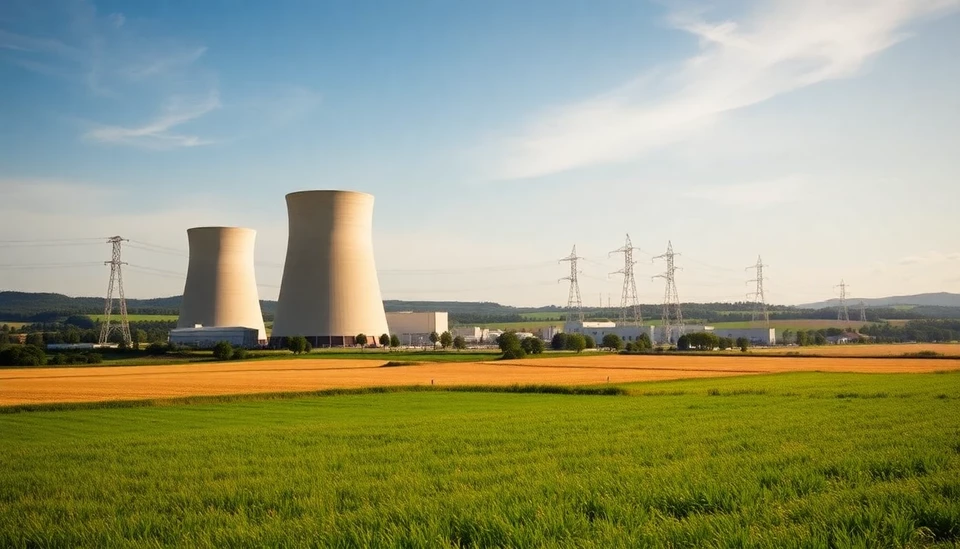
In a bold move reflecting its commitment to advancing France's energy landscape, Electricité de France (EDF) has disclosed an increase in its targets for nuclear power generation for the upcoming year, 2024. This announcement comes during a period of intensified focus on energy security and sustainability, as the country aims to bolster its electricity production amidst a backdrop of global energy challenges.
Originally, EDF had set its nuclear output target for 2024 at a range of 335 to 350 terawatt-hours (TWh). However, in a recent update, the energy giant has revised this figure upwards, now aiming for an output range of 360 to 375 TWh. This revision underscores EDF’s proactive stance in enhancing its nuclear capabilities, an essential element of France's low carbon energy strategy.
The increase in production targets is a direct response to the growing demand for energy and a desire to reduce reliance on fossil fuels amid ongoing climate change concerns. EDF has emphasized that meeting this new target will be crucial not only for ensuring energy supply but also for achieving national and international climate commitments.
EDF's Chief Executive Officer, Luc Remont, highlighted that the nuclear sector is pivotal in providing a stable and reliable source of low-carbon energy. He affirmed that an increase in nuclear output is integral to transitioning to a greener energy system, particularly as other forms of renewable energy, while promising, still face challenges in scale and reliability.
In recent months, the French nuclear fleet has faced various operational hurdles, including maintenance issues and reactor outages, which had previously impacted output levels. However, EDF has mobilized resources and enhanced its maintenance protocols to ensure that these challenges do not hinder its production capabilities going forward.
This ambitious recalibration of targets is not without its challenges. EDF must navigate regulatory landscapes, secure funding for infrastructure upgrades, and address public concerns regarding nuclear safety. Nevertheless, the company is optimistic that with strategic planning and execution, it can meet the heightened expectations for nuclear output.
Looking ahead, EDF's renewed focus on expanding nuclear power production aligns with the broader European energy policy, which seeks to enhance energy independence and resilience throughout the continent. As such, EDF’s plans may serve as a blueprint for other nations grappling with similar dilemmas surrounding energy sustainability and security.
In conclusion, EDF's commitment to increasing its nuclear production target for 2024 not only represents a significant step for the company but also reflects France's strategic direction toward achieving its energy goals. With the emphasis on expanding low-carbon technologies, EDF is poised to play a leading role in shaping a sustainable energy future for France and beyond.
As the world watches closely, EDF’s success in meeting its revised targets will likely have implications that extend well beyond French borders, influencing global conversations about energy infrastructure and climate policy.
#EDF #NuclearPower #FranceEnergy #SustainableEnergy #ClimateChange #EnergySecurity
Author: Samuel Brooks
